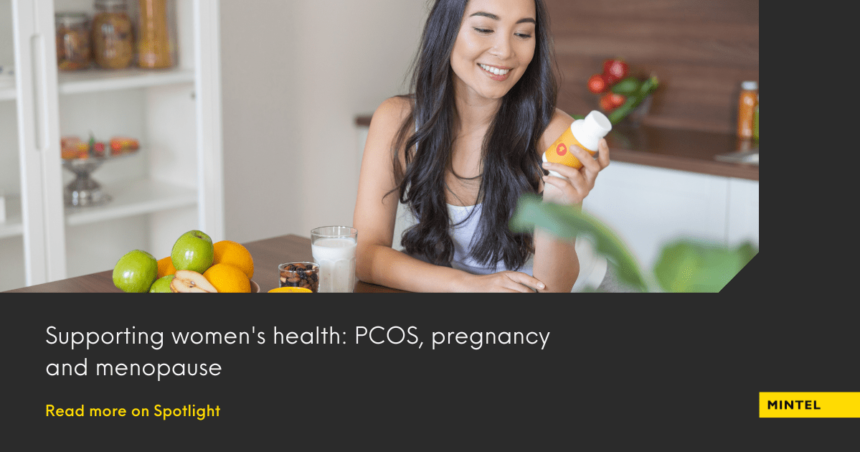The modern woman is more empowered than the ones who lived centuries ago. However, many ways exist to empower today’s women, who take on many life roles. One of these ways is through health and wellness.
Women require a comprehensive health and wellness approach that addresses their unique health and nutritional requirements. Meanwhile, companies need to adopt a nutrient-focused and solution-driven strategy to further empower women and enhance their quality of life at every stage.
Tackling PCOS
Polycystic ovary syndrome (PCOS) is one of the most common health issues of women of reproductive age. With PCOS comes related health issues, including irregular periods, excess androgens (male sex hormones), hirsutism (excessive hair growth), insulin resistance, and fertility issues.
Diet and lifestyle changes are keys to tackling PCOS. Complex carbohydrates, healthy fats, fibre, and lean proteins can relieve insulin resistance and hormonal imbalance related to PCOS.
This means that food, drink, and VMS (vitamins, minerals, and supplements) brands can play a role in helping prevent and manage PCOS and its symptoms.
However, the availability of PCOS-friendly products remains limited in the global market, largely due to regulatory and labelling constraints. For instance, Mintel Global New Products Database data shows that PCOS-friendly only accounted for 8% of launches in 2018. However, products that support individuals with PCOS are beginning to emerge in certain markets, notably in countries like India, France and the UK.
Interestingly, fintech companies are paving the way for developing PCOS-friendly products and services. Sora, an inclusive virtual assistant from Syrona Health, helps women in the UK track symptoms and understand their menstrual cycles. The app offers free help and recommends relevant products for chronic gynaecological health conditions like PCOS.
Gynov’s flagship product, GynOsitol, is a dietary supplement that uses two key ingredients, Myo-inositol and 5-MTHF, to address several areas of concern in female reproductive health, including managing PCOS.
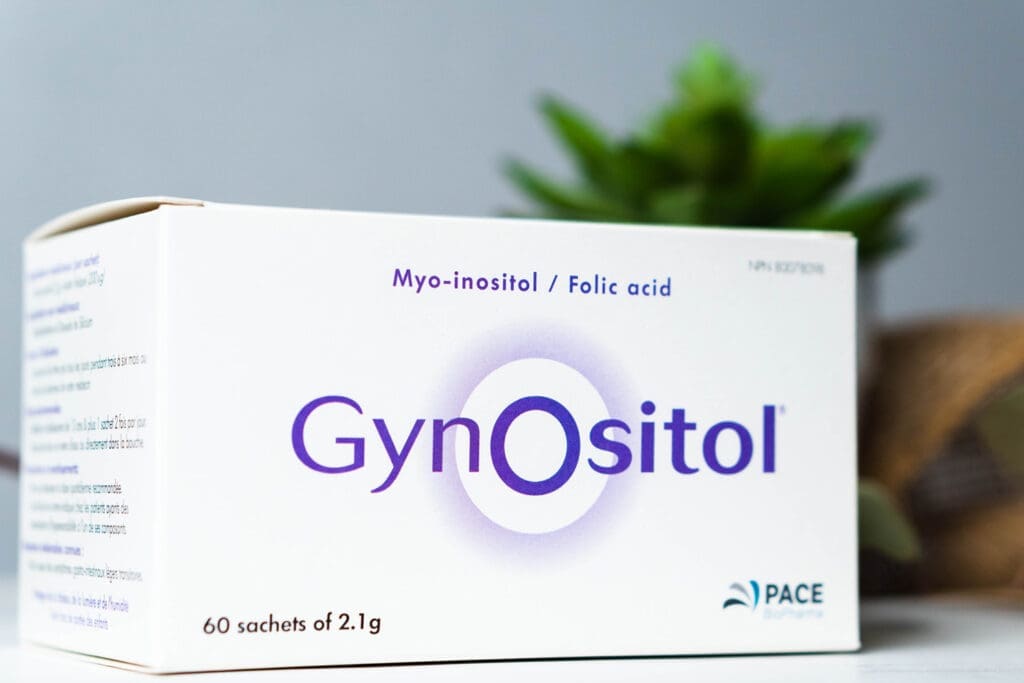
Brands calling their products PCOS-friendly can help PCOS patients and appeal to health-conscious women seeking convenient, suitable options that meet their dietary needs and goals.
Augustinus Bader Hair Revitalizing Dietary Supplement contains inositol that safely helps re-balance hormones for women with PCOS, a frequent contributor to hair loss, and also acts as an important supplement for hair growth, while Hottea Mama Over The Moon Tea, which contains raspberry leaf, chamomile flowers, ginkgo, spearmint, dandelion root, and rose petals, is aimed at women with premenstrual stress, irregular periods, and PCOS.
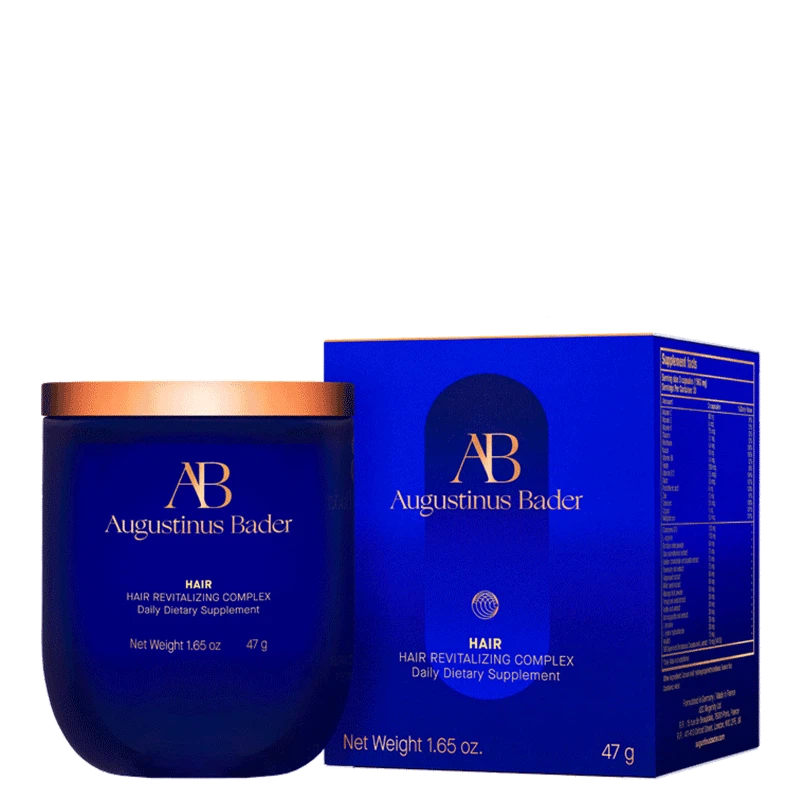
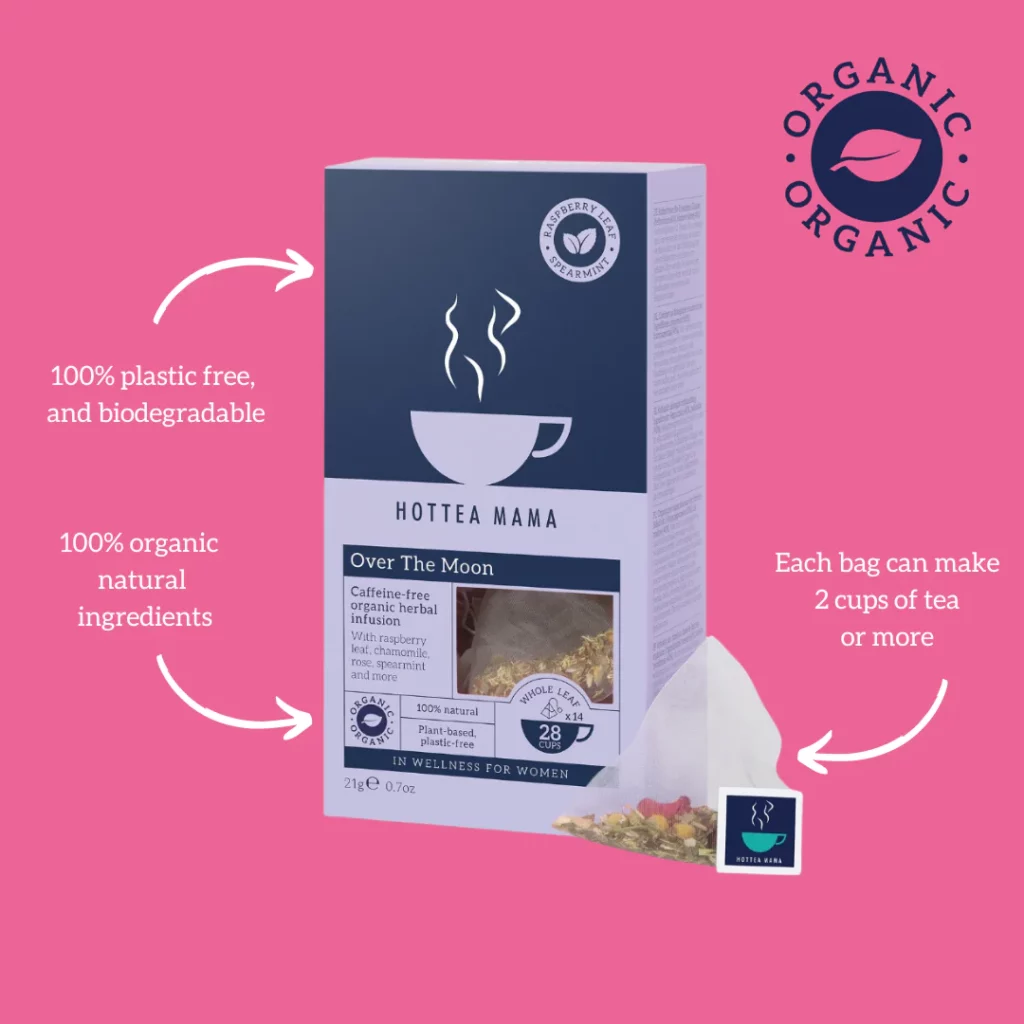
Insulin resistance is common in PCOS due to hormonal imbalances, hyperinsulinemia, obesity, inflammation, genetic factors, metabolic dysfunction, and lifestyle factors. AndMe Ovaboost Drink contains Coenzyme Q10 (CoQ10) and offers potential support for women with PCOS by providing antioxidant benefits, improving insulin sensitivity, enhancing fertility, and helping regulate hormone levels. Meanwhile, vitamin D supplementation could improve conditions like irregular periods, hirsutism, metabolic syndrome and insulin resistance while lowering the risk of developing PCOS.
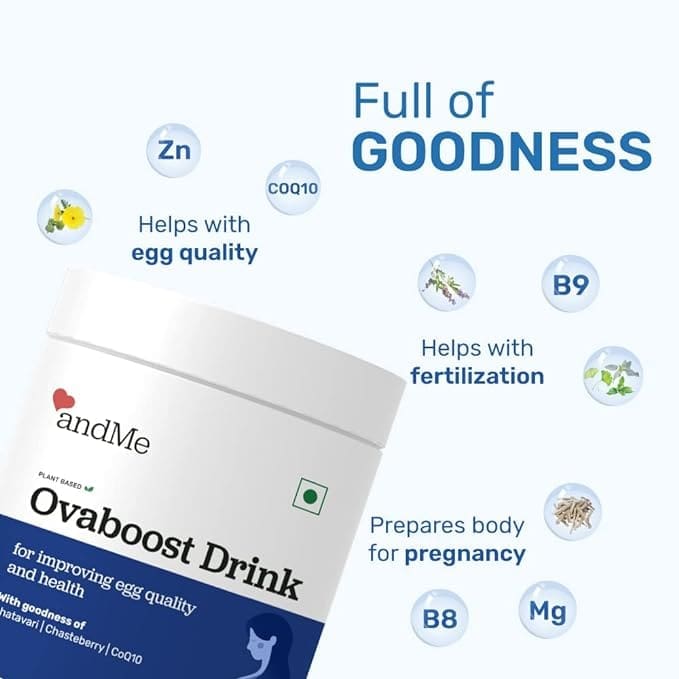
Prenatal nutrition
Prenatal nutrition is one area in which brands can also step up to empower women. Diet affects a pregnant woman and the baby’s development and health. In China, 3 in 5 pregnant women and mothers aged 20-39 believe that getting prenatal nutrition from one’s daily diet is more scientific.
Undernutrition during pregnancy can cause stillbirth, neonatal health concerns, and long-term child development disorders, especially in developing nations. Further, poor nutrition does not only endanger a fetus’ life but also the mother’s.
Aside from merely educating consumers about nutritional value, brands can provide nutrient-rich or fortified food, drink, and supplements.
Brands can custom prenatal vitamin packs for pregnancy. Shaklee Meology Prenatal meets pregnant women’s unique nutrition needs with tailored, science-backed supplements delivered conveniently and optional solutions for pregnancy discomforts such as sleep issues and leg cramps. In India, Nuskha Kitchen provides both soon-to-be and new moms with a nutrition solution via trusted Ayurvedic recipes. Their prenatal care pack that includes laddoos is crafted from Ayurvedic scriptures and doctor recommendations.
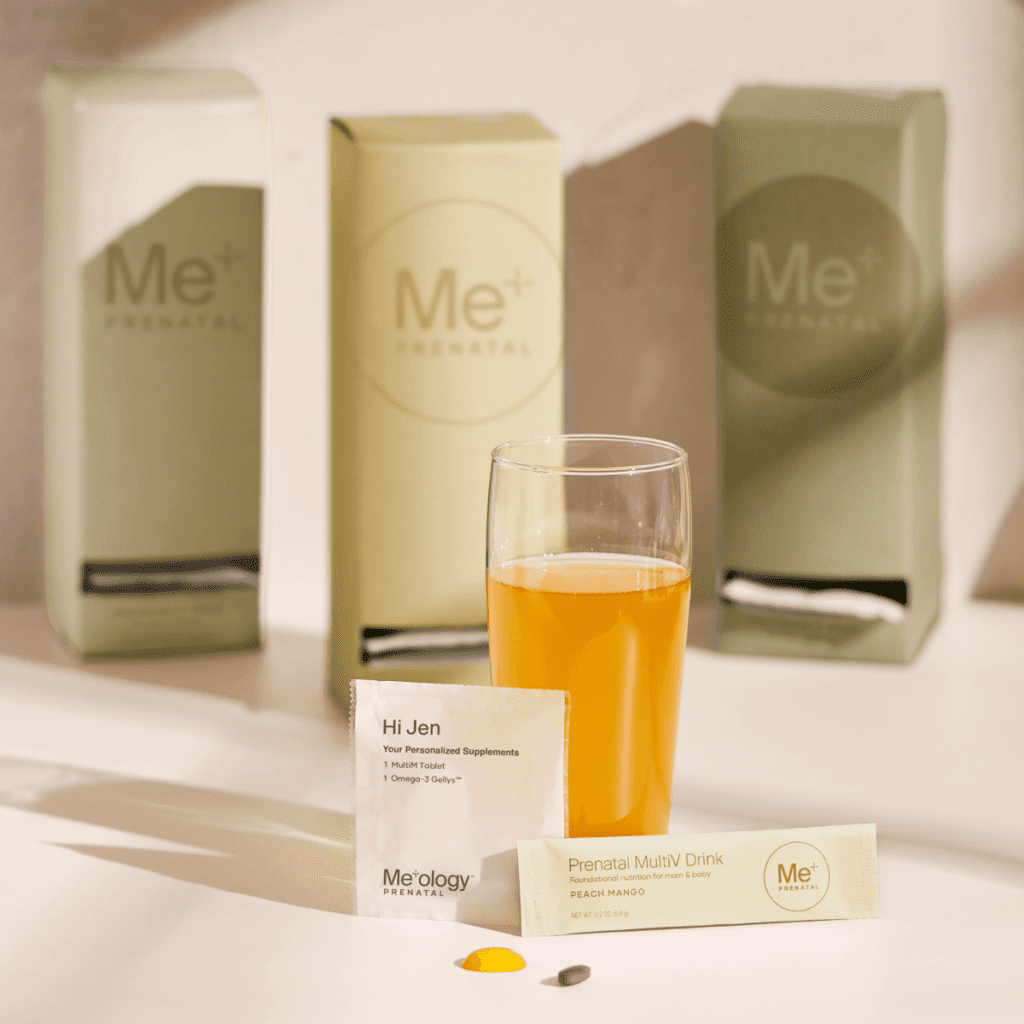
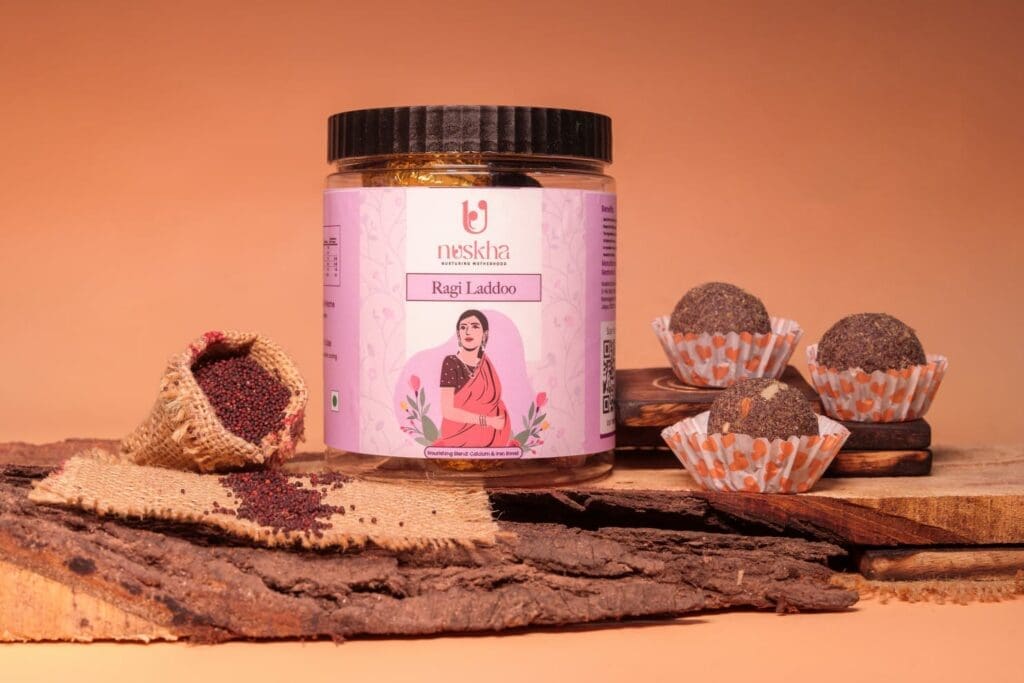
Source: Nuskha
Gut health is also important to pregnant women. A healthy intestinal flora affects metabolism, the immune system, vaginal health, digestive comfort and iron absorption, and this can contribute to the baby’s optimal health. Brands incorporating gut-friendly ingredients like probiotics and prebiotics into prenatal nutrition solutions is a good way to support prenatal nutrition. Anmum Materna Lite Premium Drink Powder for Pregnant Women contains protein, iron, folic acid, calcium, iodine, and zinc to support pregnancy and inulin from chicory. It helps control blood sugar and maintain digestive functions.
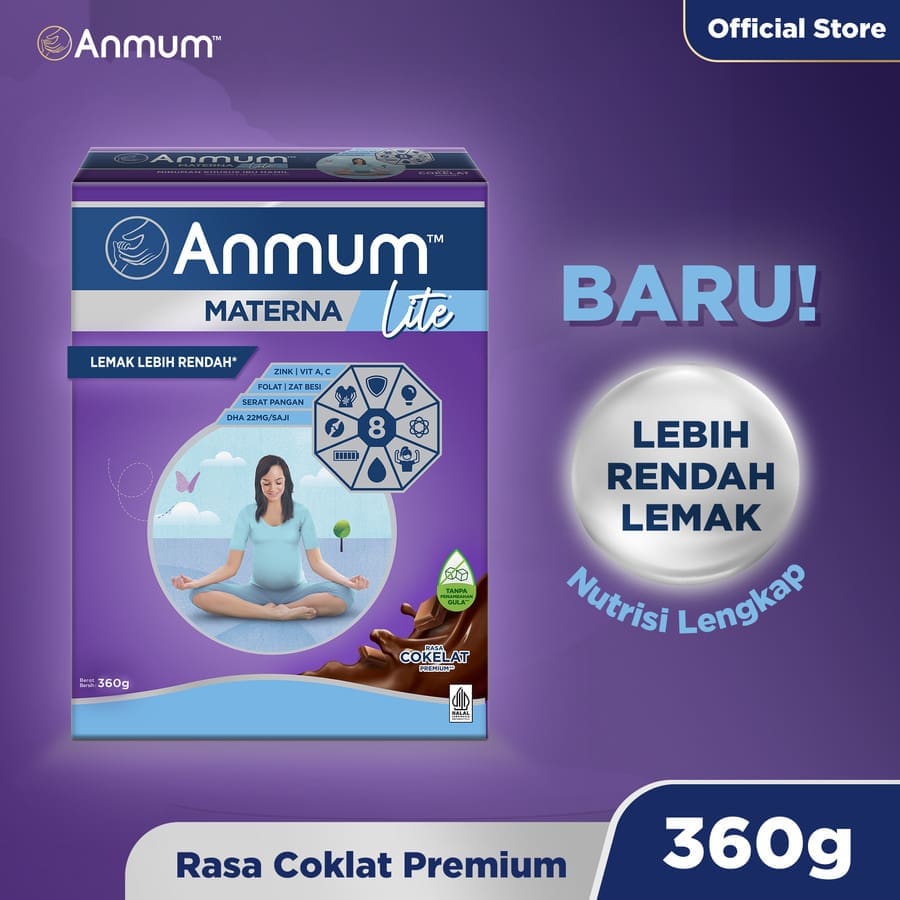
The silver economy
By 2025, one billion women will experience menopause. Menopause is not just hot flashes; it requires a holistic health approach as hormonal imbalances affect multiple body systems. Brands can offer women products at three stages of menopause—perimenopause, menopause, and postmenopause—that positively affect various aspects of physical and mental health.
These three menopause stages require multifaceted solutions, such as regular exercise, a balanced diet, reduced stress, social support, and professional mental healthcare. Recognising the impact of menopause on mental health is crucial for brands to tailor products to women’s specific needs and tap into a market opportunity.
Brands can provide drinks to help with symptoms like hot flashes and night sweats. Herbal teas or infusions like jujube or peppermint tea may be good options. Menopausal women are at high risk for osteoporosis. Brands can offer calcium and vitamin D-fortified products, such as dairy alternatives, fortified cereals, or VMS. In the US, a quarter of women aged 45+ seek VMS during menopause.
Brands can also create products or supplements with ingredients like melatonin, passionflower, or magnesium to promote better sleep, a common symptom of menopause.
What we think
Brands have the opportunity to build nutritionally focused products to treat the primary causes of PCOS. Food, drink, and VMS brands can play a role in helping prevent and manage PCOS and its symptoms.
Brands can provide a range of personalised prenatal products, including fortified foods, drinks and VMS that address pregnant women’s individual nutritional needs and health conditions.
Companies should provide comprehensive education on menopause, adopt an inclusive dialogue and emphasise a holistic health approach to menopause management. Addressing physical, emotional and nutritional aspects of menopause can empower women with confidence and wellness during this life stage.
If you are interested in learning more about this topic, please contact us today.

